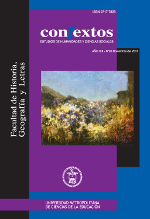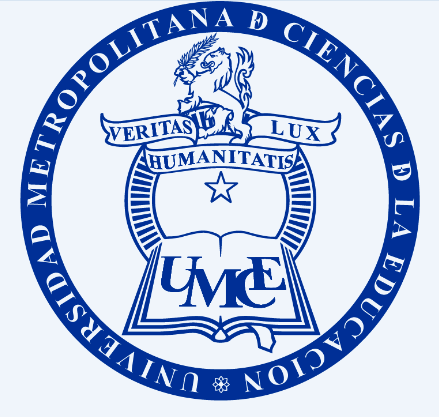Main Article Content
Nov 21, 2016
Abstract
Alessandro Baricco (Turín, 1958) es considerado uno de los mejores autores actuales
en el género de la novela corta, heredero de la tradición de John Steinbeck, Anton Chéjov y
Thomas Pynchon, ha dejado un legado con sus novelas, entre las cuales destacan tierras
de cristal (Anagrama, 1991), océano mar (Anagrama, 1993), seda (Anagrama, 1996), city
(Anagrama, 1999), sin sangre (Anagrama, 2003), esta Historia (Anagrama, 2007), y sus
textos teatrales: novecento (Anagrama, 1994) y Homero, iliada (Anagrama, 2004). Autor
prolijo, de temáticas variadas, rigor histórico y, por sobre todo, de un una estética de estilo
fino y sutileza ejemplar: seda, con su delicadeza y sinestesia, nos presenta a un peregrino
que viaja rudimentariamente a China en busca de gusanos de seda; novecento, con la
belleza de la decadencia, nos introduce en un barco que destruido transita con un pianista
que interpreta hasta la muerte; esta Historia, con presencias bucólicas que enfrentan la
modernidad, mostrándonos la llegada de la carretera y el automóvil a los tranquilos parajes
de una Italia olvidada; y sin sangre, con la dualidad del alma humana y su continua lucha
entre el bien y el mal.
Downloads
Policies for open access journals
Authors who publish here accept the following terms: Authors will keep their copyright and will guarantee the journal the right to the first publication of their work, which will be subject to the Licence of Creative Commons acknowledgement, which allows for the use of this material only if the authorship is credited and the original source is acknowledged (the journal’s URL), and if it is not used with commercial ends and with any derivations of the original work.
Authors may adopt other non-exclusive license agreements of distribution of the published version (e.g. to save it onto a digital institutional archive or publish it in a monographic volume) only if the initial publication of this journal is indicated.
It is permitted and recommended for authors to divulge their work on the Internet (e.g. institutional digital archives or webpage) before and during the submission process, which may lead to interesting exchanges and increase the citations of the publication. (See Open Access Effect).






